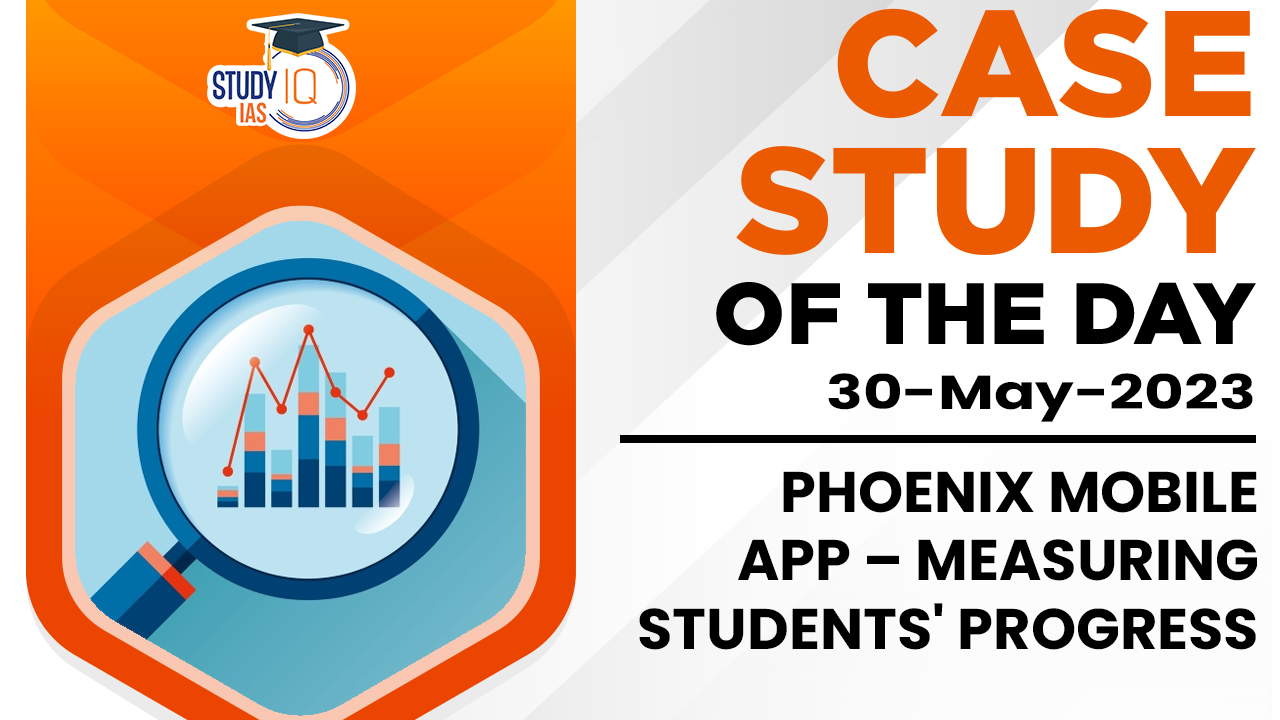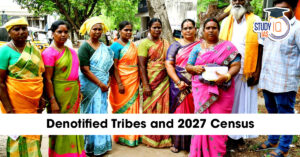Table of Contents
Introduction
- In the age of digital education and remote learning, educational institutions and instructors face the challenge of accurately measuring students’ progress.
- Traditional assessment methods may fall short in capturing comprehensive data on students’ performance, engagement, and overall progress.
- To address this issue, the Phoenix Mobile App was developed as a digital solution to measure students’ progress effectively and efficiently.
Features and Functionality
- Gradebook: The app included a gradebook that allowed instructors to record and update students’ grades for assignments, quizzes, exams, and other assessments. Students could view their grades and monitor their progress over time.
- Attendance Tracking: The app had a built-in attendance tracking system that automatically logged students’ presence in virtual classes or online learning activities. This feature provided insights into students’ engagement and participation rates.
- Progress Analytics: Utilizing data from assessments, the app generated detailed progress analytics, such as overall performance, strengths, weaknesses, and areas for improvement.
- Notifications and Reminders: The app sent notifications and reminders to students, teachers, and parents/guardians regarding upcoming assignments, due dates, events, and important announcements.
- Discussion Forums: The app provided a platform for students to engage in virtual discussions, ask questions, and seek clarifications.
- Parent/Guardian Access: The app allowed parents/guardians to access their child’s academic information, grades, attendance records, and communicate with teachers. This feature facilitated parental involvement and support in students’ education.
Implementation and Integration
- The Phoenix Mobile App integrated seamlessly with existing learning management systems (LMS) or educational platforms utilized by the institution, ensuring a smooth transition and efficient data exchange.
- The implementation process involved collaboration between the app development team, educational institution administrators, and instructors to customize the app according to specific requirements and curriculum standards.
Benefits and Outcomes
- Enhanced Data Visibility: The app offered a centralized platform where all stakeholders could access real-time data on students’ progress, grades, attendance, and engagement. This increased transparency and accountability.
- Personalized Learning: With detailed progress analytics, teachers could identify individual student needs and provide targeted interventions and support. This personalized approach improved student outcomes and academic growth.
- Improved Communication: The app facilitated seamless communication between teachers, students, and parents/guardians through notifications, messaging, and discussion forums. This strengthened the home-school partnership and enabled timely feedback.
- Data-Driven Decision Making: The app’s analytics and insights enabled instructors and administrators to make data-driven decisions regarding instructional strategies, curriculum modifications, and student support programs.
- Increased Student Engagement: By providing students with visibility into their progress and encouraging active participation through discussions, the app increased student engagement and motivation for learning.
Conclusion
- The Phoenix Mobile App revolutionized the measurement of students’ progress in the digital education landscape.
- The successful implementation of the app resulted in improved academic outcomes, personalized learning experiences, and effective communication among all stakeholders.


 Why Iran Matters More Than Venezuela: En...
Why Iran Matters More Than Venezuela: En...
 Nuclear Deterrence in 21st Century: Is I...
Nuclear Deterrence in 21st Century: Is I...
 Denotified Tribes and 2027 Census: Deman...
Denotified Tribes and 2027 Census: Deman...

























